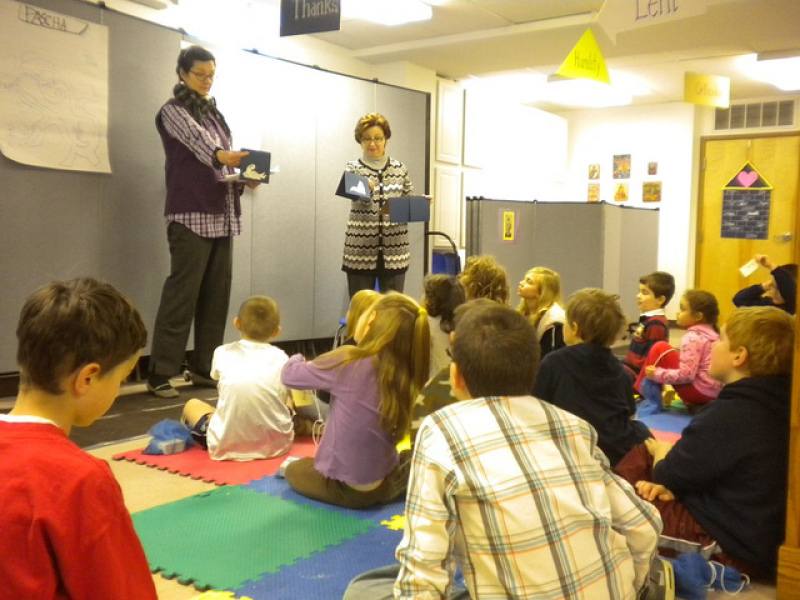
Christian youth groups and Sunday schools in Britain may come under the radar of national regulatory checks, if the five-year-plan proposed by Prime Minister David Cameron is implemented.
According to the proposed regulations, all religious courses for children lasting over six weeks per week need to be registered with the state education board Ofsted, and subject to frequent inspections.
The trajectory of the plan was a consequence of the "Trojan Horse" incidence in 2014, when some staff members of Birmingham school board allegedly tried to take over the public school system by "co-ordinated, deliberate and sustained action" to introduce "intolerant and aggressive Islamic ethos" in schools, according to a report by UK Department of Education, dated July 2014.
However, Christians fear that the new regulations will be stifling to the churches and religious liberty, as they contain ambiguous language in some of the policy measures, Christianity Today reported.
The Evangelical Alliance United Kingdom (EAUK) urged the government to not cover children's events in churches, even though the government altered its plan to allow for excluding Sunday schools from the plan.
"But this creates even more challenges and bureaucracy in terms of defining when that starts and stops and how that will apply in different contexts. We're still calling on the government to drop these proposals," said Simon McCrossan of EAUK.
The government introduced a new requirement in religious education after the "Trojan Horse" incidence, which made it mandatory to study at least two of the world's major religions: Hinduism, Judaism, Islam, Sikhism, Buddhism, and Christianity.
As a result, state-regulated religious education has become a bony topic in Britain, and a third of high schools have let go of religious education all together, even though the subject itself is popular.
"There's a very real problem with violent extremism and radicalisation that the government is trying to address, and we support strong safeguarding measures," McCrossan said. "But these proposals will fail to tackle the problems and instead stifle the work that churches and faith-based organisations do with children and young people across the UK."
The EAUK was concerned that these measures will impose British political values in religious education, and that the parents, students, and educators were compelled to promote them even if they were not same as their religious beliefs.
The new proposals are also being opposed by members of UK parliament, while EAUK called them a "fundamental threat to religious liberty."



















